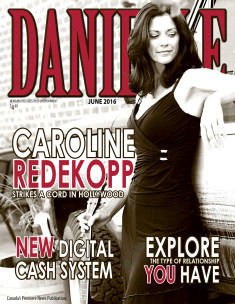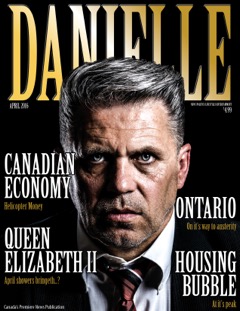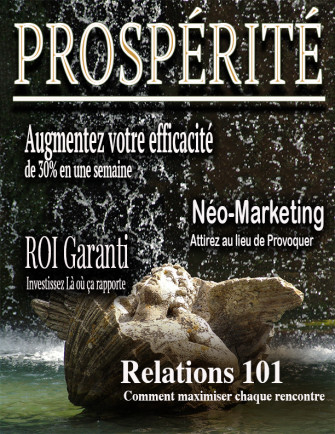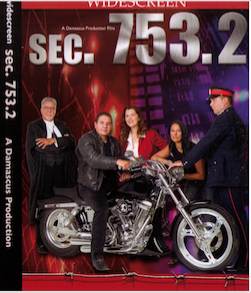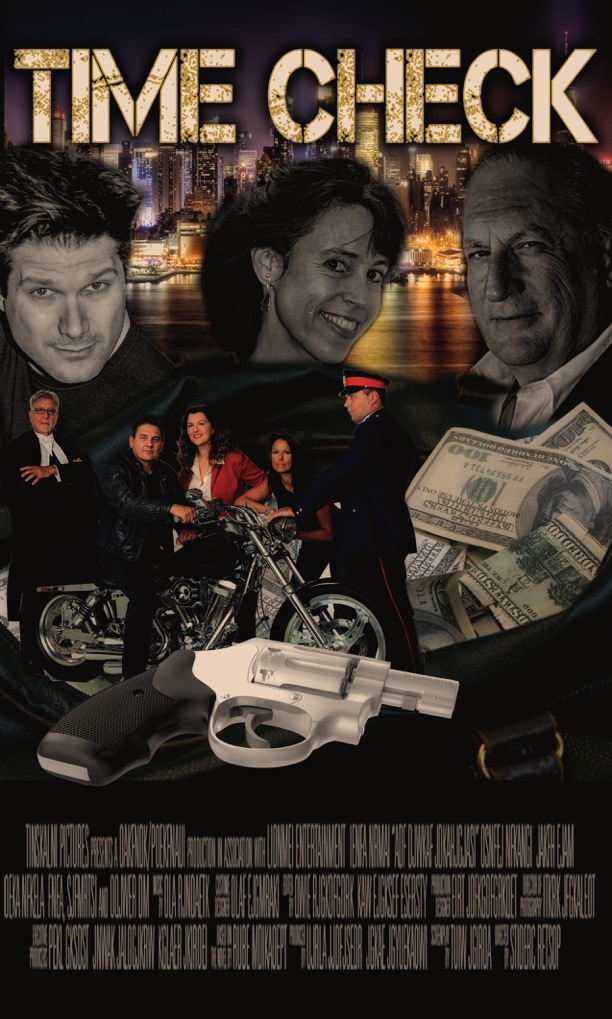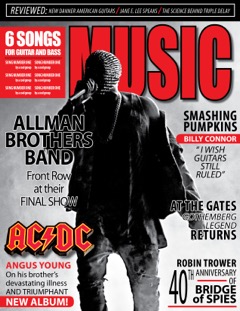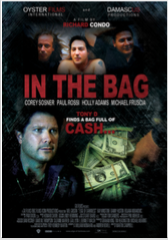A Catholic bishop in the United States, once a prolific tweeter, now thinks Twitter is sinful.
The Rev. Thomas Tobin, the bishop of Providence, Rhode Island, joined the social media platform in February and accumulated about 6,100 followers. He shared his thoughts on a vast array of subjects, including abortion, the New England Patriots, Pride Month and his pet dog.
Then, this week, he announced that he was leaving Twitter, writing in a final tweet that it had become a “distraction” to him as well as an “obstacle” to his spiritual life and an “occasion of sin for me and others.”
Although he did not say why he was leaving just five months after joining, a tweet some characterized as defensive and insensitive to victims of sexual abuse by Catholic clerics may have caused him to delete his account.
On July 19, the New York Times published a report detailing allegations that Cardinal Theodore McCarrick, the retired archbishop of the District of Columbia, had sexually abused a minor. Later that day, Tobin published two tweets, one defending bishops and the other defending the church.

“Despite the egregious offenses of a few, and despite the faults and sins we all have, I’m very proud of my brother bishops and I admire and applaud the great work they do everyday for Christ and His Church,” Tobin said in one tweet.
In the other, he wrote: “If you find a perfect church out there somewhere, by all means, join it. But remember, the moment you join it, it will cease being perfect.”
Tobin’s tweets read as the shrug of a man who long since gave up on the idea of actually protecting the flock from the wolves
Those tweets prompted backlash.
“I’ve been thinking and praying about converting to Catholicism, and I find this defensiveness disgusting,” wrote J.D. Vance, author of “Hillbilly Elegy,” quoting one of Tobin’s tweets. “Many in the church used the love of Christ as a gateway to prey on the most vulnerable. Please show some remorse.”
Catholic commentator Michael Brendan Dougherty was cutting, writing in the National Review that “Tobin’s tweets read as the shrug of a man who long since gave up on the idea of actually protecting the flock from the wolves, and has taken to telling the surviving sheep not to be too disheartened that their friends and children continue to be devoured by his colleagues.”
Tobin said in a June interview with the Catholic news site Crux that he was drawn to Twitter because of its ability to reach a vast audience in an instant.
But the Rev. Jonathan Morris, pastor of Our Lady of Mount Carmel Parish in the Bronx and a Fox News contributor who uses Twitter and Facebook in his own ministry, said that same potential can also lead to trouble.
“It’s the immediacy of it, the anonymity of it, and the power of it” that make social media ripe for abuse, Morris said.
As for Tobin labeling Twitter an “occasion of sin,” Morris said the idea behind that characterization is recognizing behavior that may lead one to sin — and avoiding it.
“If I know I get very impatient when I’m tired, avoiding a near occasion of sin for me would be making sure I get enough sleep,” he said. “That would be the traditional understanding of being a near occasion of sin.”
There is science to back up the claim that online platforms cause people to act differently than they might offline. A study in 2012 at Israel’s University of Haifa suggested that a lack of eye contact and anonymity led to “the toxic online disinhibition effect.”
As for social media being sinful, or at least a vehicle that allows others to sin, it appears that Tobin isn’t alone in his assessment.
Writing in the Christian magazine Relevant this year, Jonathan Malm said that “social media murder” is a sin that traps many people who use social media.
It’s insidious, really. The temptation to tear people apart online is strong. A few taps of the fingers and it’s done
“It’s insidious, really. The temptation to tear people apart online is strong. A few taps of the fingers and it’s done,” he wrote. “Then we scroll on to the next thread, forgetting all about the destruction we unleashed on the recipient. (Until, of course, they reply.)”
And Reid Hoffman, a venture capitalist, told the Wall Street Journal in 2011 that tapping into sin make sense from a business perspective.
“Social networks do best when they tap into one of the seven deadly sins,” he said.
Tobin wasn’t alone when it comes to Catholic bishops on Twitter. A handful of U.S. cardinals are on the platform, including Cardinal Donald Wuerl of Washington and Cardinal Sean O’Malley of Boston. And Pope Francis is one of the most influential global leaders on Twitter, with more than 40 million followers on his nine accounts, in different languages. But the pope and those cardinals rely on a staff to manage their accounts. Tobin stood out for not being filtered, which he told the Providence Journal allowed him to show a more human side.
“One of the primary roles of the bishop is to teach,” Tobin told the Providence Journal last month.
“It helps to humanize the office of the bishop,” he said of Twitter. “It helps people to get to know the bishop a little bit better from a human point of view.”
He tweeted about back pain, for example, asking for prayers. But he also showed his pugnacious side, writing: “The good news is that my tweeting finger is working just fine. Infidels, heretics, atheists and apostates: beware!”
Tweets like that, along with his no-holds-barred style when weighing in on social issues, won Tobin praise from Catholic conservatives. (Tobin himself announced in 2013 that he was registered as a Republican.) When he departed Twitter, the conservative group CatholicVote tweeted that it hoped Tobin would return.
Social networks do best when they tap into one of the seven deadly sins
“His tweets defending and teaching the Faith gave daily encouragement to countless Catholics,” the group tweeted July 23.
As for Tobin, he said this year that his foray into Twitter was an experiment, and his final tweet suggests that he is ambivalent about the results.
“If I’ve offended anyone, I’m truly sorry,” he wrote. “If I’ve helped anyone along the way, thank God.”
—Michael J. O’Loughlin is the national correspondent at America Media and author of “The Tweetable Pope: A Spiritual Revolution in 140 Characters.”



